Minimizing crop damage
Plant protection using UV stimulation
- October 15, 2024
A cutting-edge solution that enhances plant defenses through UV-C flashes, providing specialty crop growers with a sustainable alternative to traditional fungicides. By stimulating a preemptive self-defense mechanism in plants, UV Boosting technology helps increase resistance to pathogens, minimizing crop damage and reducing reliance on chemical inputs.
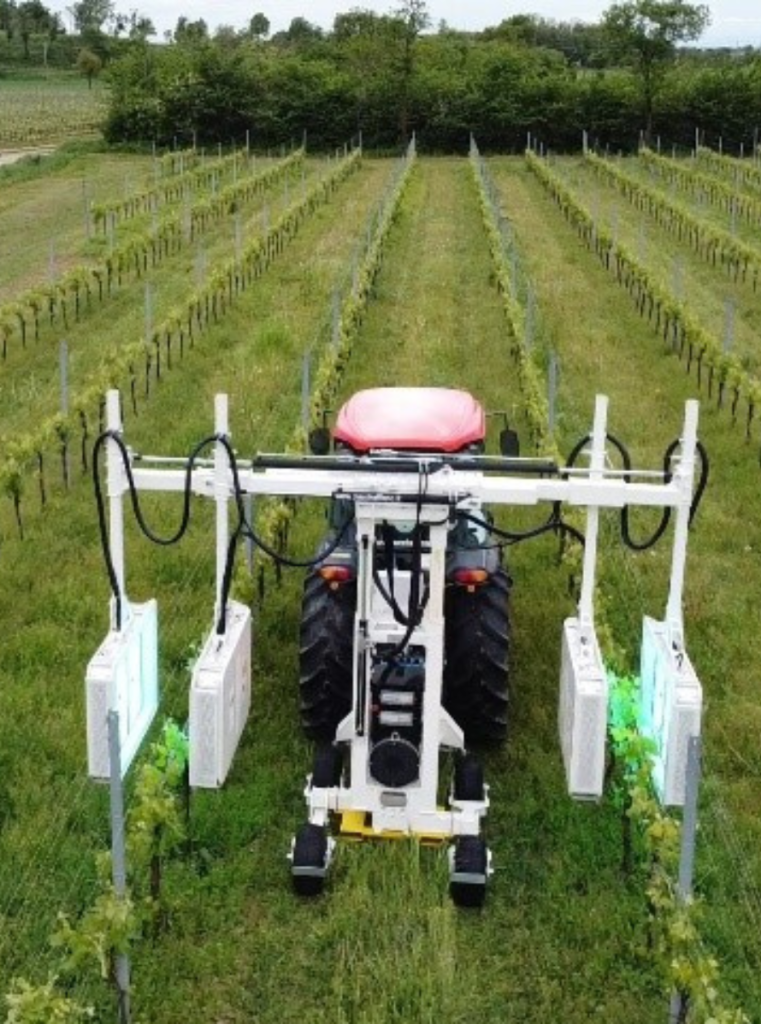

The Challenge
How to boost plants resistance to diseases and climate events like drought and frost?
Growers in the agricultural industry face challenges related to the dependence on fungicides for crop protection. Increasing regulatory restrictions and environmental concerns have highlighted the need for sustainable alternatives that minimize chemical inputs while effectively combating pathogens. How can specialty crop growers address these agricultural challenges today?
What are the benefits?
- Patented technology
- Prevent downy mildew impact on vine, fruits & other crops
- Secure yields
- Minimize damage caused by frost and drought
The Solution
A vision on plant protection though UV stimulation implement
UV Boosting offers a solution by stimulating plant natural defenses through UV-C flashes. This triggers a defense mechanism in plants, making them more resistant to pathogens even before their appearance.
By enhancing plant defenses, UV Boosting aims to reduce the reliance on fungicides and minimize damage caused by pathogens & other abiotic stresses like spring frost or drought.
UV Boosting’s equipment offers also a flexible treatment rate, allowing growers to adjust the intensity of UV-C flashes based on specific crop requirements and disease pressure.
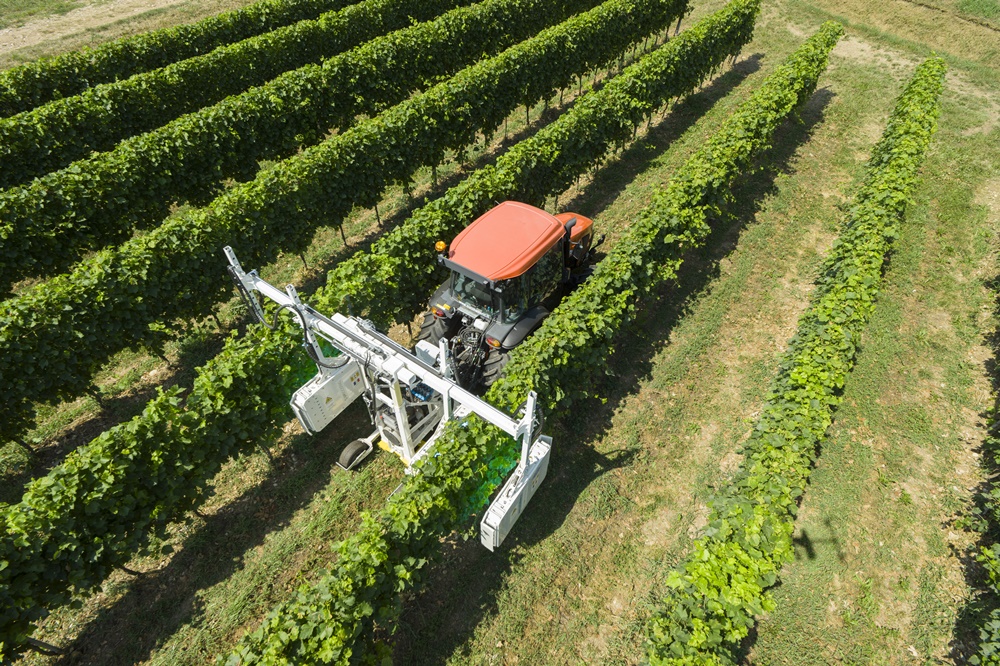
Crops-agnostic application
In conjunctions with UV Boosting, Kubota is testing sustainable alternatives to chemicals and empowering growers to protect their crops effectively while promoting environmentally friendly farming practices
Nowadays UV Boosting offers the solution specialized for vineyards, which Kubota dealers and clients in Italy (Brescia area) and France (Anjou) are testing in 2024. However, the adaptable nature of the equipment allows it to be applied to various other crops where fungal pathogens pose a significant threat. Company has on its roadmap also prototypes for orchards, strawberries & greens (as golf courses).
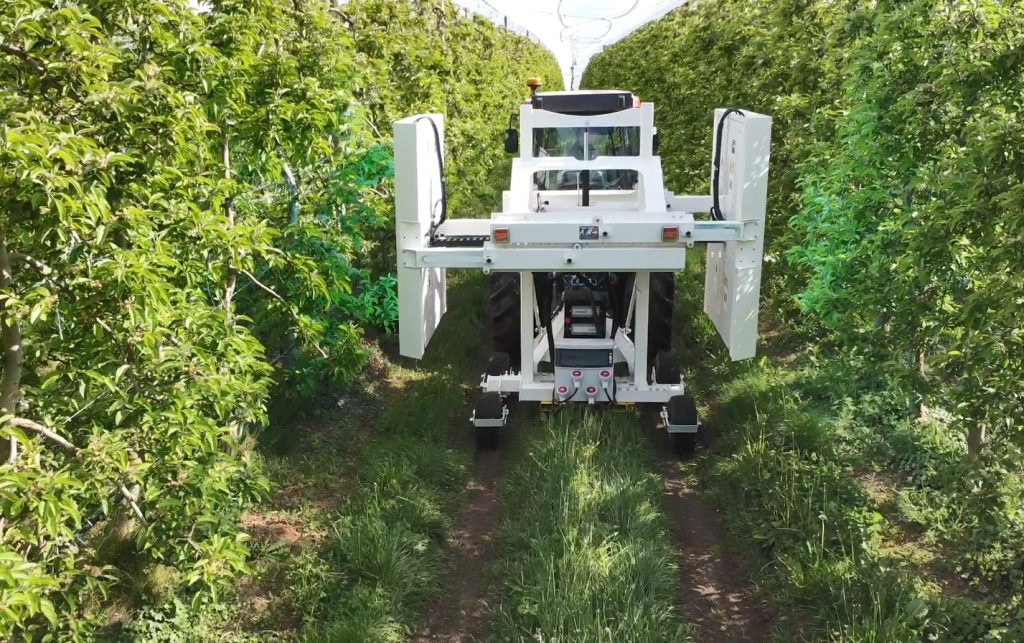
Testimonial
Environmentally friendly farming practices
With adaptable equipment, flexible treatment UV flashes rates, and compatibility with various agricultural machines, UV Boosting empowers growers to protect their crops effectively.
1. Easy to use application
2. Alternative to chemicals
3. Implement mounted on narrow tractors
4. 4-7 treatments over the season
5. Reduce engine speed
6. During day or night time
7. Equipment pay back in less than 1 year
Minimize crop damage due to pathogens & climate events like drough and frost.
7. Secure yields for vine, fruits & other crops
8. Reduction of drought impact (+22% in yield) in vineyards
9. Reduction of downy mildew (-59%) in vineyards
Plant‘s resistance to diseases, drought and frost
Kubota’s clients applied 4-7 treatments during the season to evaluate the technology impact on the yield results as well as the overall effectiveness on the trees’ health state. According to experts and backed by scientific evidence, UV Boosting solution secures the yield for organic, biodynamic and conventional wine growers.
Treatments provide short exposure to proprietary UV sources on plants. Activated plant metabolism works after: plants experience a peak of Salicylic Acid production. It has been proven that salicylic acid is a key plant hormone required for establishing resistance to many pathogens. As a result, plant reacts to biological or physical threats much more efficiently and rapidly.
Wine growers confirmed less yield losses due to hydric stress or fungal diseases. For example, proven agronomical validation within season 2022 in Bordeaux shown the reduction of drought impacting on yield (+22% in yield) and results in €4.9k revenue savings/ha for vineyard.
The UV Boosting Helios implements can be easily mounted on standard (narrow) tractors and straddle tractors for application in vineyards. Treatments are conducted at the tractor‘s speed of 4 km/h.
Those treatments have no residue in the environment and no impact on biotope.
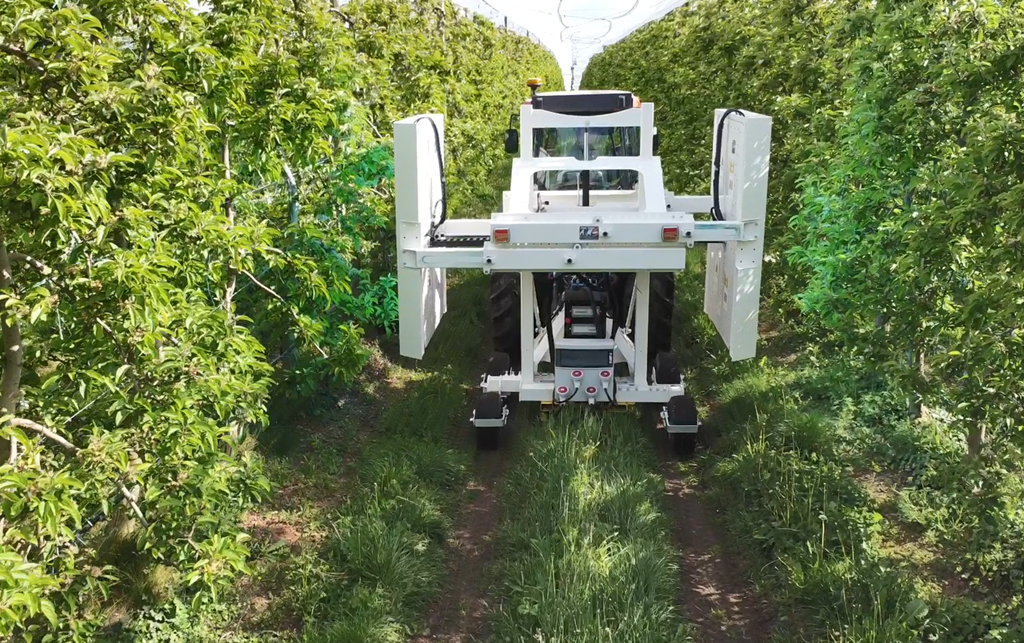
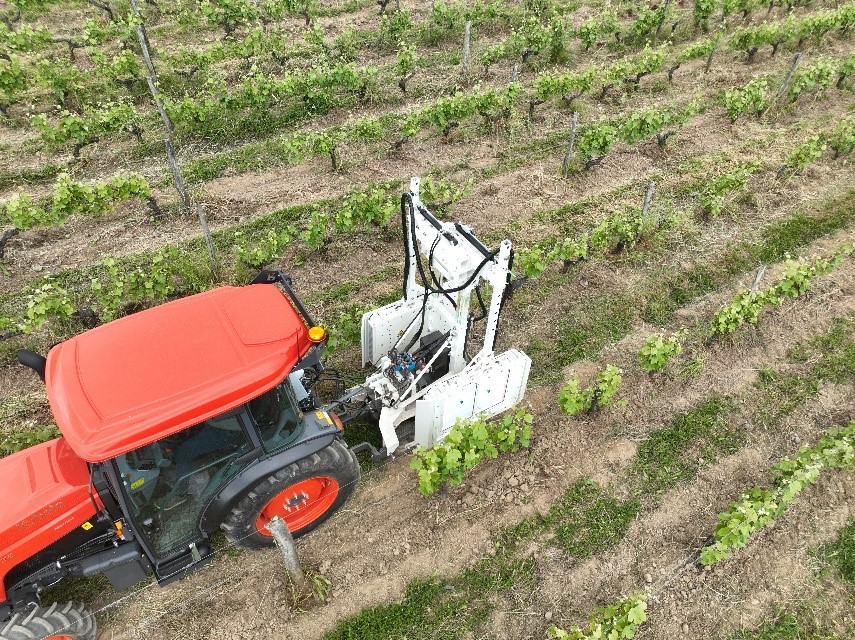
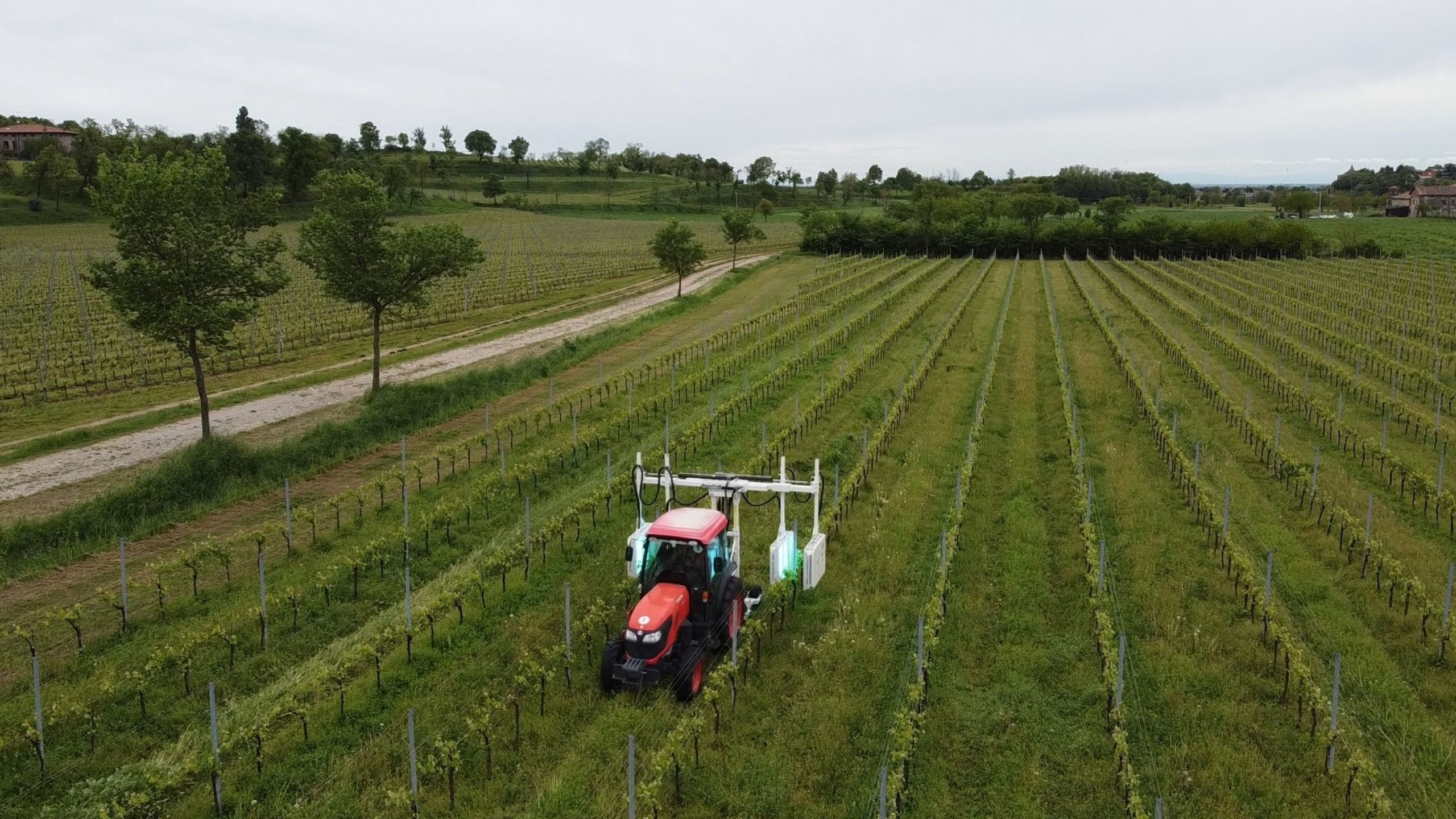
The People
“In 2023, we faced of lot of rain, and we had good result by mixing organic sulfur treatment program with UV Boosting’s application. We’ve got much less diseases appearance in vineyards and results were very positive for the yield. This year, we try to stimulate with UV light panels as much as possible in the vineyard, fully integrating UV Boosting solution in our organic treatment program.”
Didier Defaix, owner of Domaine Bernard Defaix in Chablis, France
Didier Defaix is the owner of Domaine Bernard Defaix in Chablis, France. He manages 27 ha over Chablis appellation, Chablis Premier Cru. Domain is an organic vineyard for 15 years and they try to produce a sustainable agriculture.
It is the third season since Didier have invested in UV Boosting technology. He wanted to try it and integrate it into an organic treatment program in order to reduce cooper usage mainly, and in addition sulfur usage for oidium treatments.
In Chablis, wine growers are facing heavy rainfalls, so diseases spread is stronger from season to season. UV Boosting application can be used not only in organic vineyard to reduce copper dosage, but also in conventional vineyard to reduce chemical treatments in general.
UV Boosting panels stimulate natural defense of vine and enable Didier to secure yields and reduce diseases impact on the vineyard even during heavy rain season.
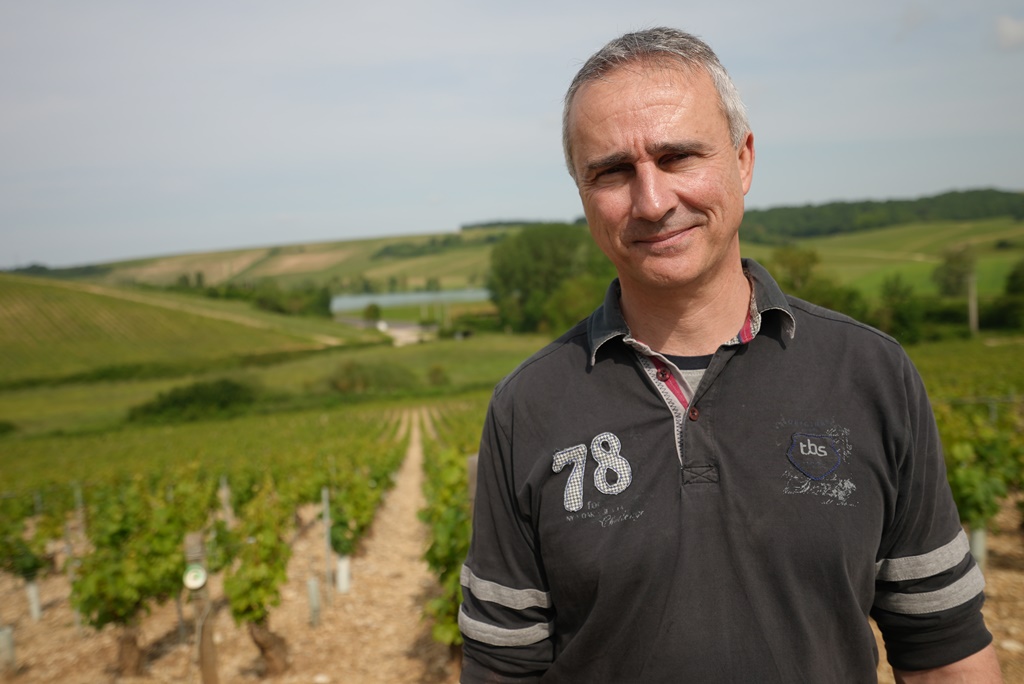
UN Sustainable Development Goals

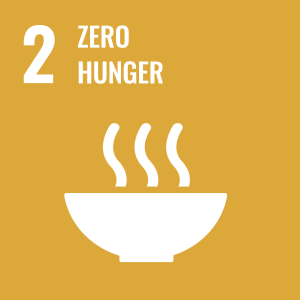

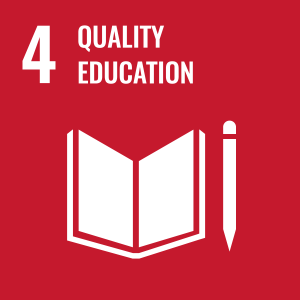

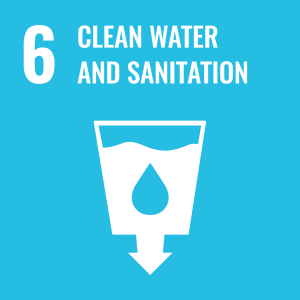

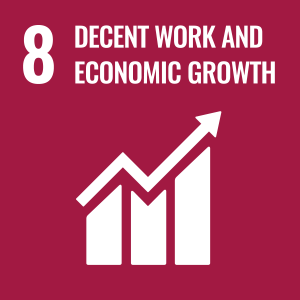

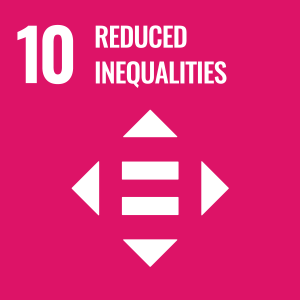
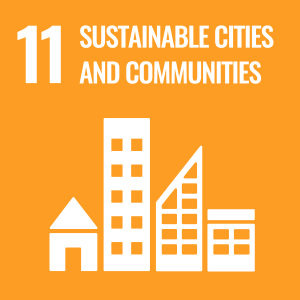


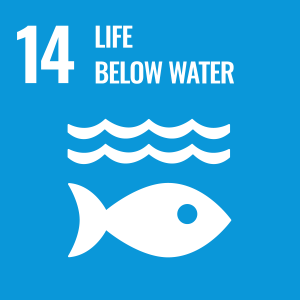
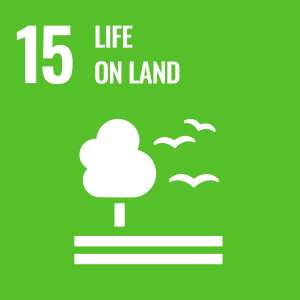


Explore other stories from our brands
How should we address the great challenges of our time? Can we shape a better future together?
The Kubota Group wants to lead the way with innovative solutions for agriculture.
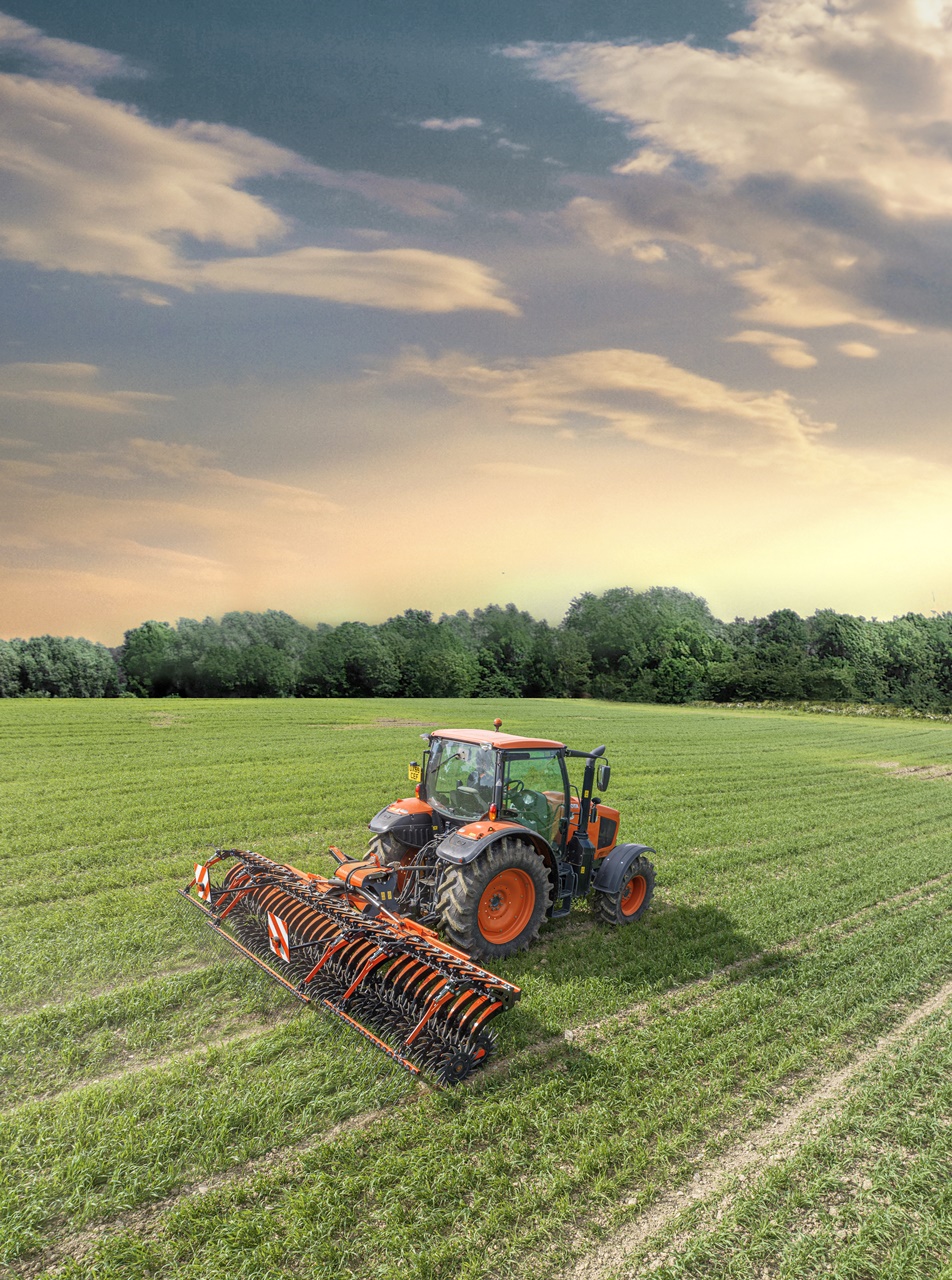
Sustainable, Professional Farming with Mechanical Weeding
Mechanical weeding offers wide agronomic benefits, enhancing soil health, nutrient availability, and plant growth.

Kubota | Electric Retrofit Kit for Excavators
Electrification enables zero emissions, quieter operations, and stable costs for eco-friendly performance.

Kubota Engines | Innovative engine solutions
Kubota engine solutions contribute to carbon neutrality
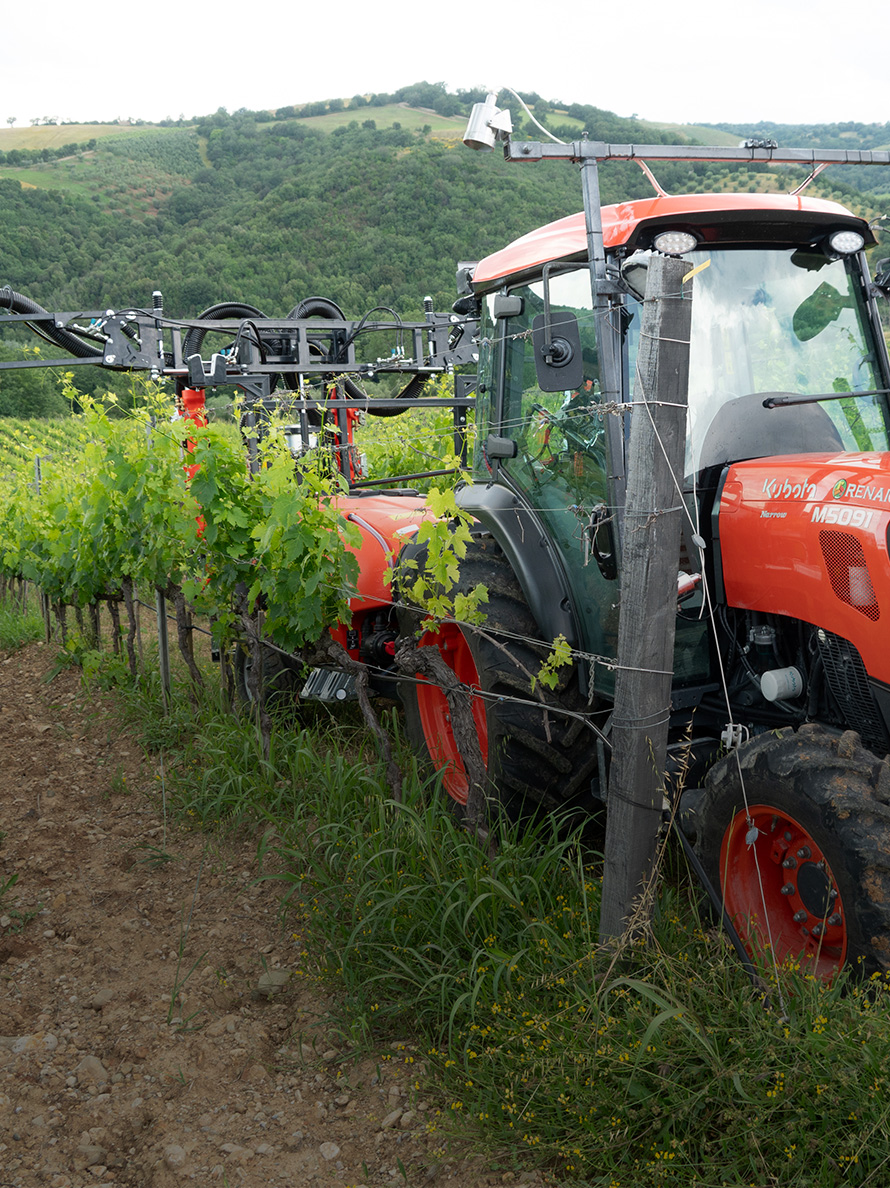
Kubota | Precise Vine Management
Combining crop sensing and state of the art technology in vineyards enhances vine and environmental health while improving crop quality and yield.
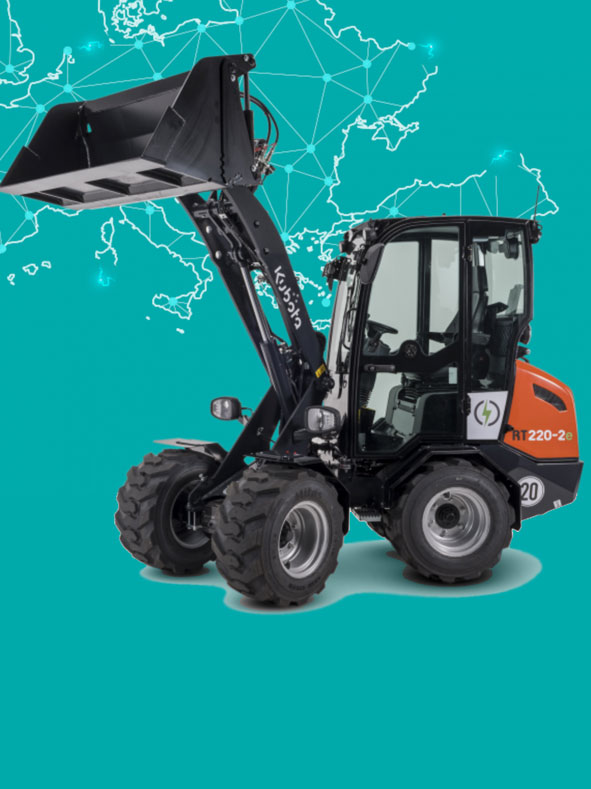
Kubota | Electric compact wheel loaders
Kubota electric wheel loaders offer high performance while producing zero carbon emissions.
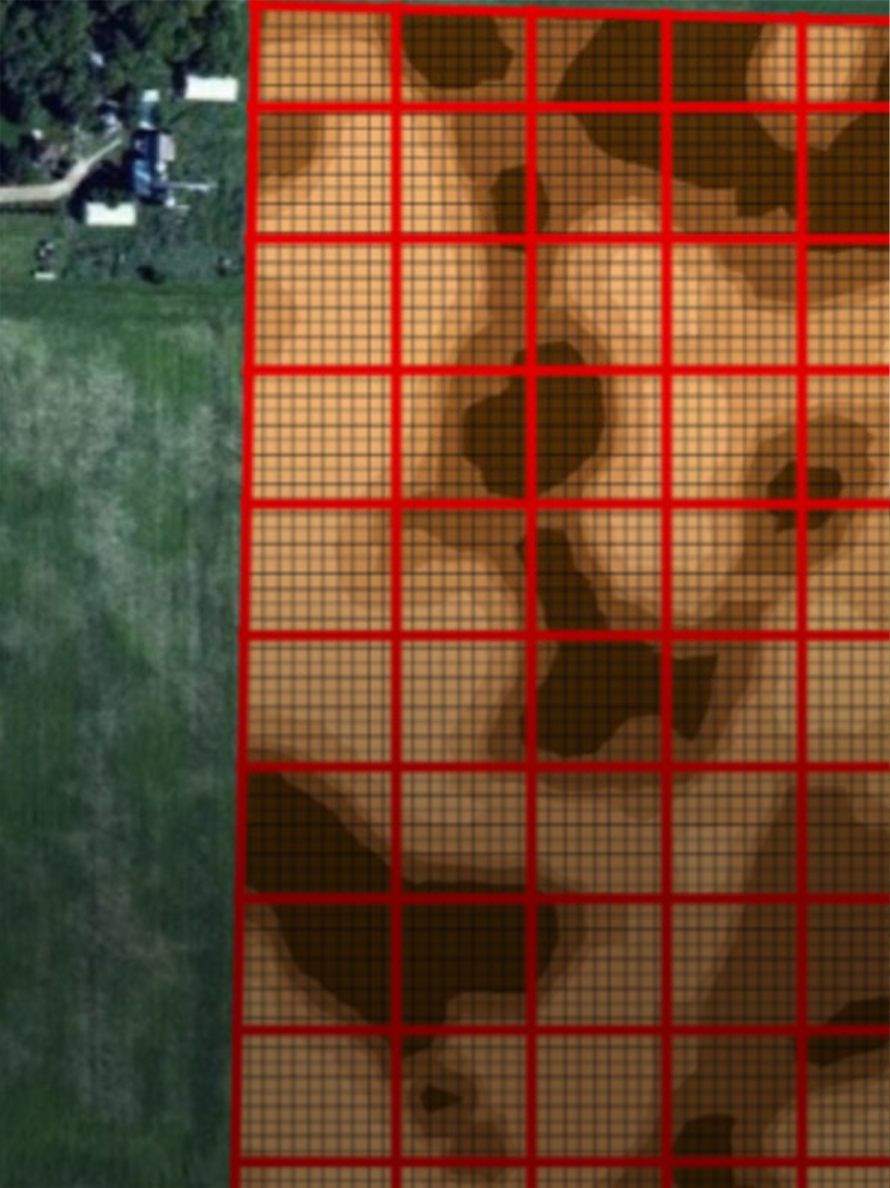
Great Plains | True View – Soil Mapping Solution
Real-time soil sensing detects minute variances in soil content and conditions. Based on this data, soil maps provide a highly accurate field profile.
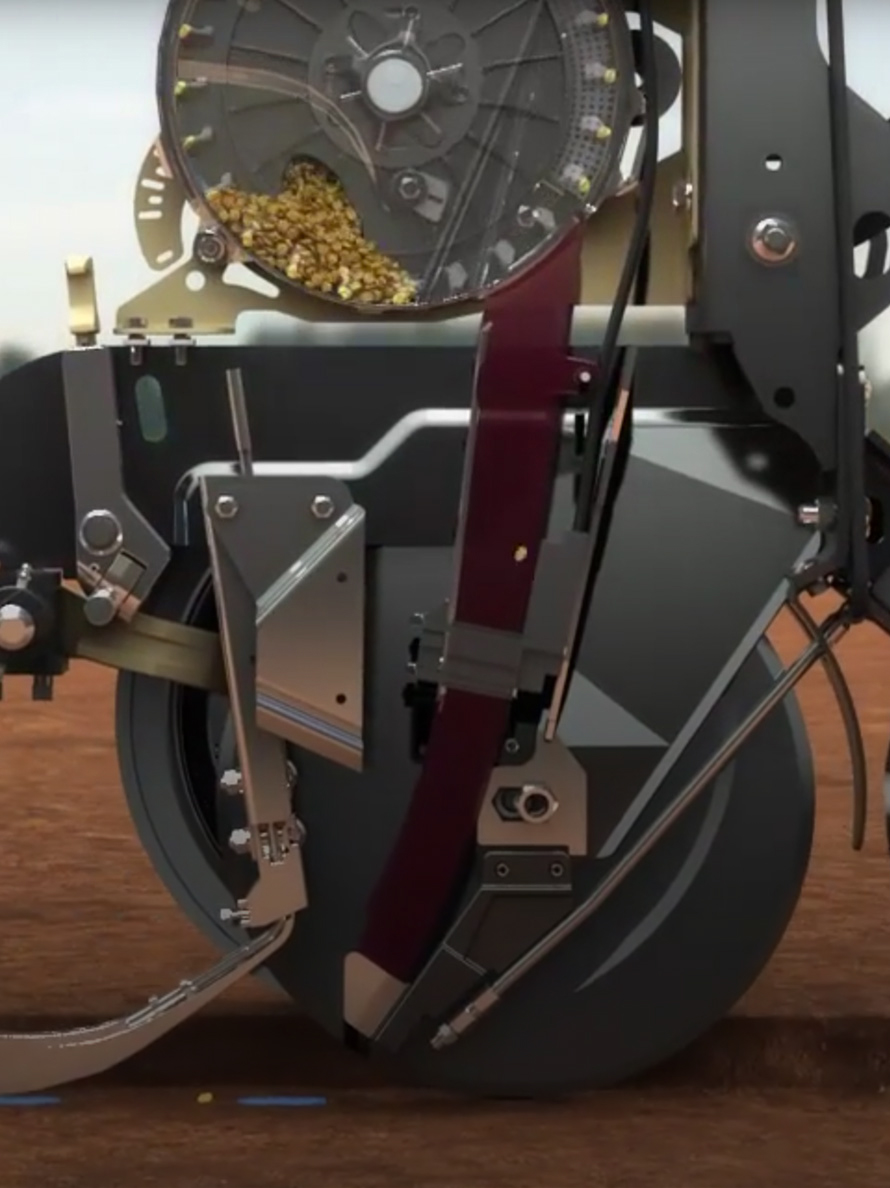
Great Plains | AccuShot precision seed fertiliser
The best start for each seed

Kubota | Compact excavator KX38-4e
Building alternatives
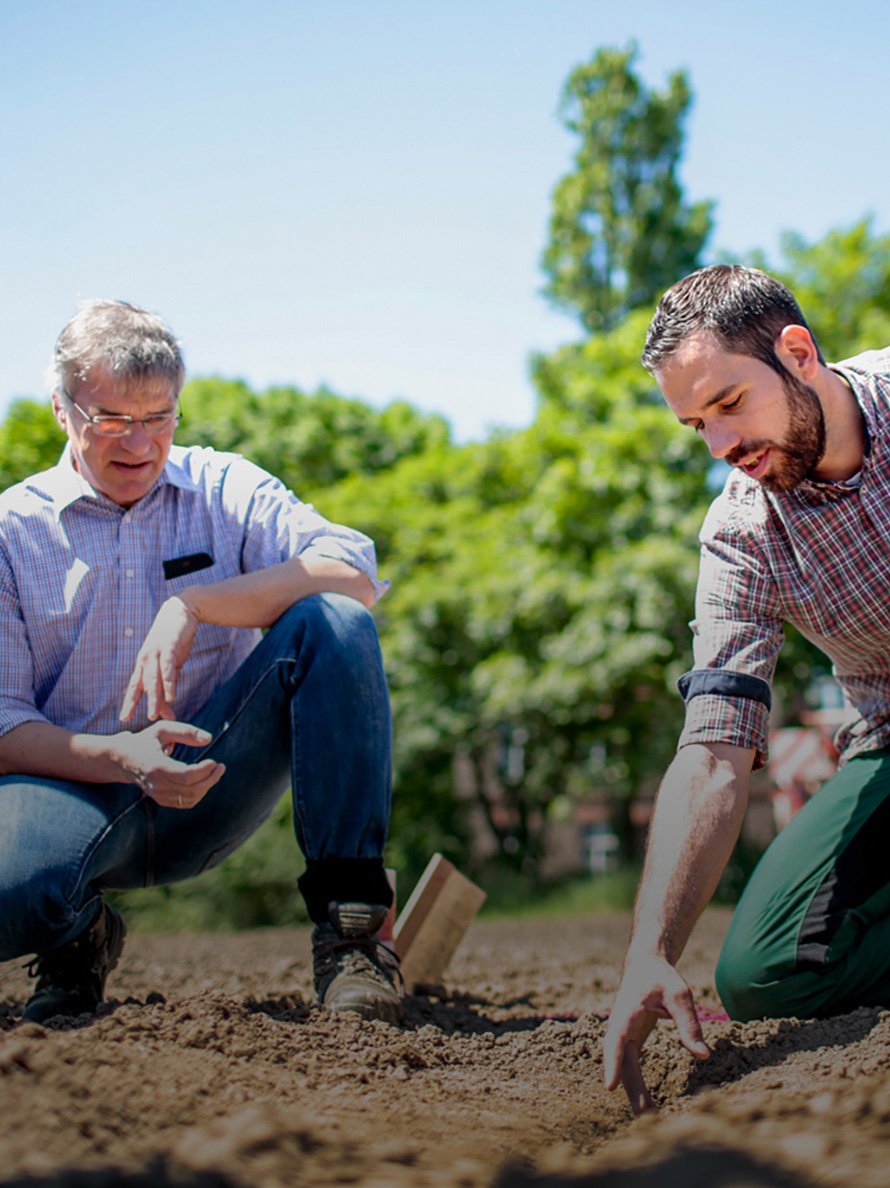
Kverneland | PUDAMA
100% yield with 25% less starter fertiliser!
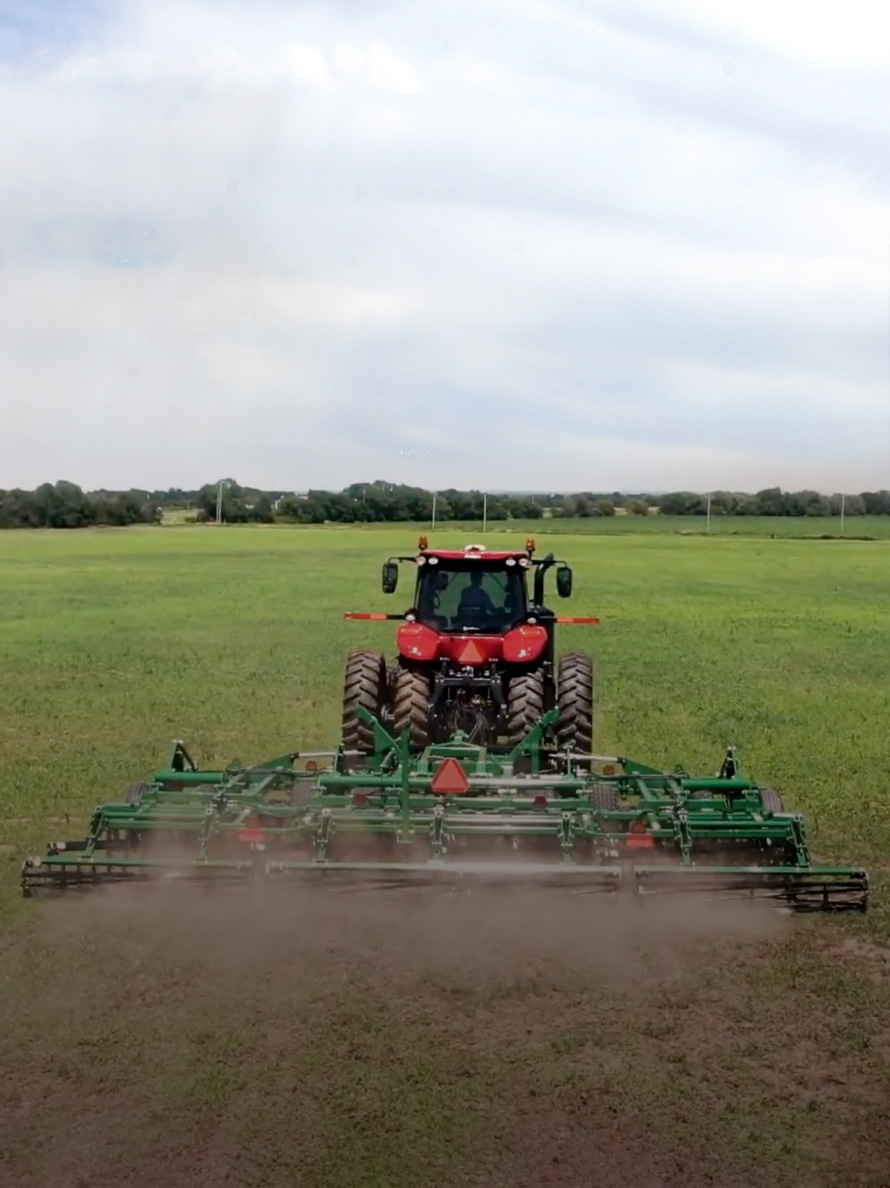
Great Plains | Implement Command
Improving tillage comfort

Kubota | LPG Mini-Excavator
Clean power
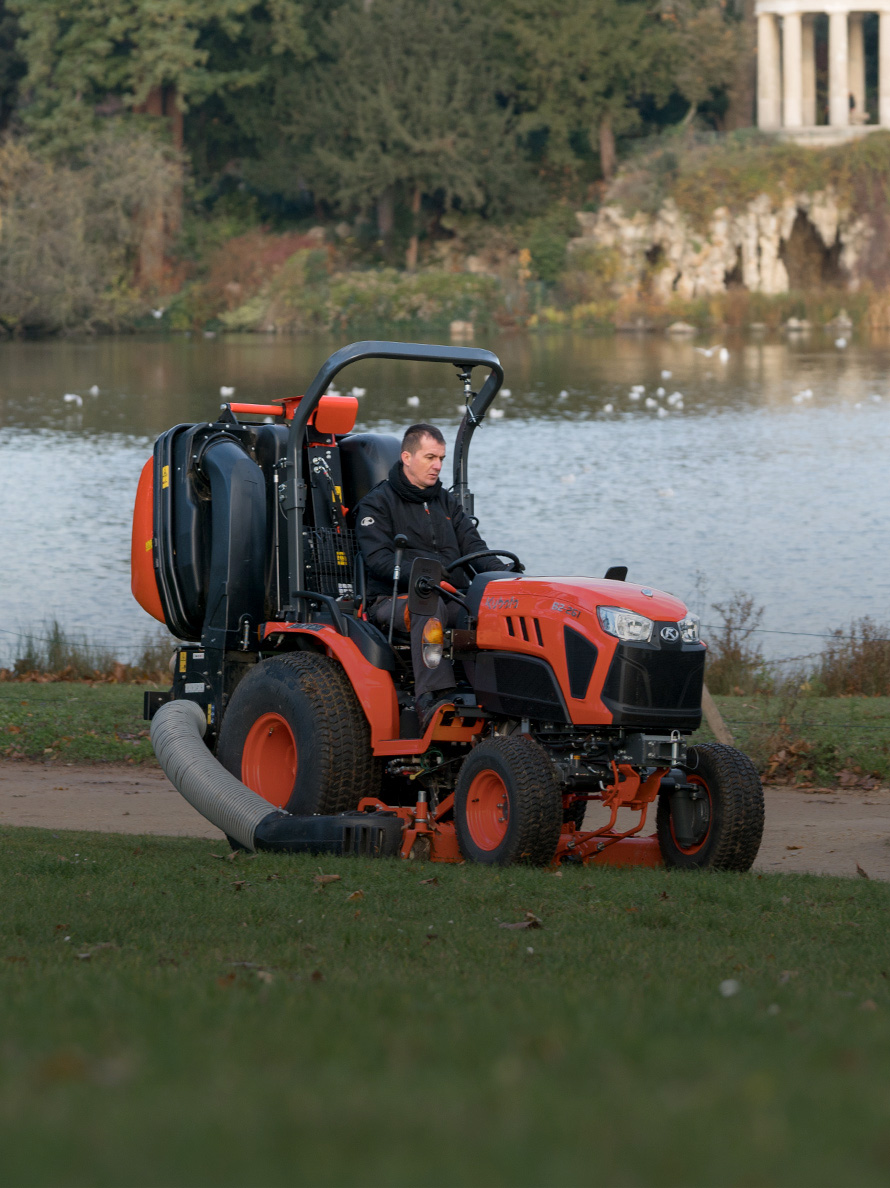
Kubota | E-powered Compact Tractor (LXe Series)
The mission: zero emissions

Kubota | Precision Tree Management
Drone imaging for better fruit crops